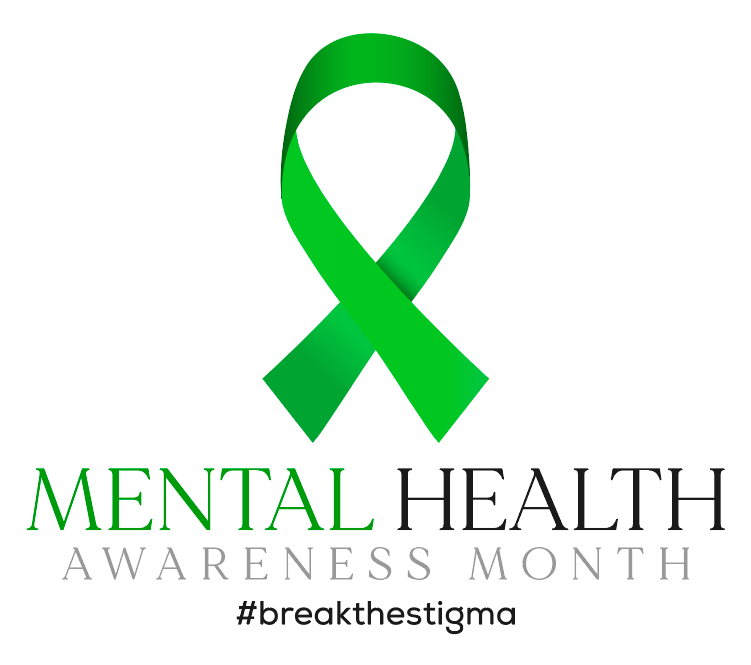By Melanie Raskin
“If only I’d known…” is the lament of family and friends of people with mental illness. Bill Lindsey, executive director of National Alliance on Mental Illness South Carolina (NAMI SC), believes eliminating the stigma around mental illness is a good first step to eliminating those words.
“Unfortunately, as big as NAMI is as an organization and as prevalent as mental illness is in the U.S., with one in five people affected by it, we still have so many who find us only because of a crisis,” he explained. “We need to get the word out on how well treatment can work. Eighty-five percent of people with mental illness go on to live productive lives, with the right treatments. It can be life-changing: the more we learn and share about mental illness, the faster we can remove the stigma.”
NAMI SC has been breaking through the walls of stigma over the last three years with a new education program for middle- and high-schoolers called Ending the Silence. The program exploded in South Carolina, with more than 45,000 students participating to date.
“The reason it’s growing so fast is because students want to know if they or their friends are having symptoms of mental illness or suicidal thoughts,” Lindsey said. “The sooner people can find out, the better off they can be. Today’s suicide rate is extremely high. Children may not tell a parent, teacher or doctor, but they will tell a friend. And if that friend knows what to look for and how to help, we can turn this whole conversation around on the suicide rate of this age group.”
Suicide is the second-leading cause of death in children ages 10 to 18. Twenty-five percent of mental illness happens by age 14; 75% of it happens by age 22. Lindsey is passionate about breaking the silence.
“It’s unfathomable,” he pointed out. “We’re at about 128 suicides a day in the U.S. right now. Imagine if a jetliner went down every day with 128 people on board. The FAA would shut down that airline immediately and fix the problem. We’re not seeing the same front-page, front-line response, and we should be. This is a huge problem. We have the opportunity to do some good and make a difference. So we are.”
Changing the story
Many factors contribute to the silence about the complex problem of mental illness: the need for more good clinicians and support systems, access to the right medication properly prescribed by the right medical professional, housing and access to work. But Lindsey believes the more people who are willing to speak out, the closer we will come to ending the stigma and changing the story.
“Things don’t improve unless we are involved and advocate for it,” he stated. “As executive director of NAMI SC, I spend a lot of my time at our Statehouse lobbying for legislation that will help. And it’s working because this is not a political issue, it’s an equal-opportunity illness that affects everyone. There are so many stories to tell. We believe the more people who learn and share about mental illness, the more of a difference we can make.”

